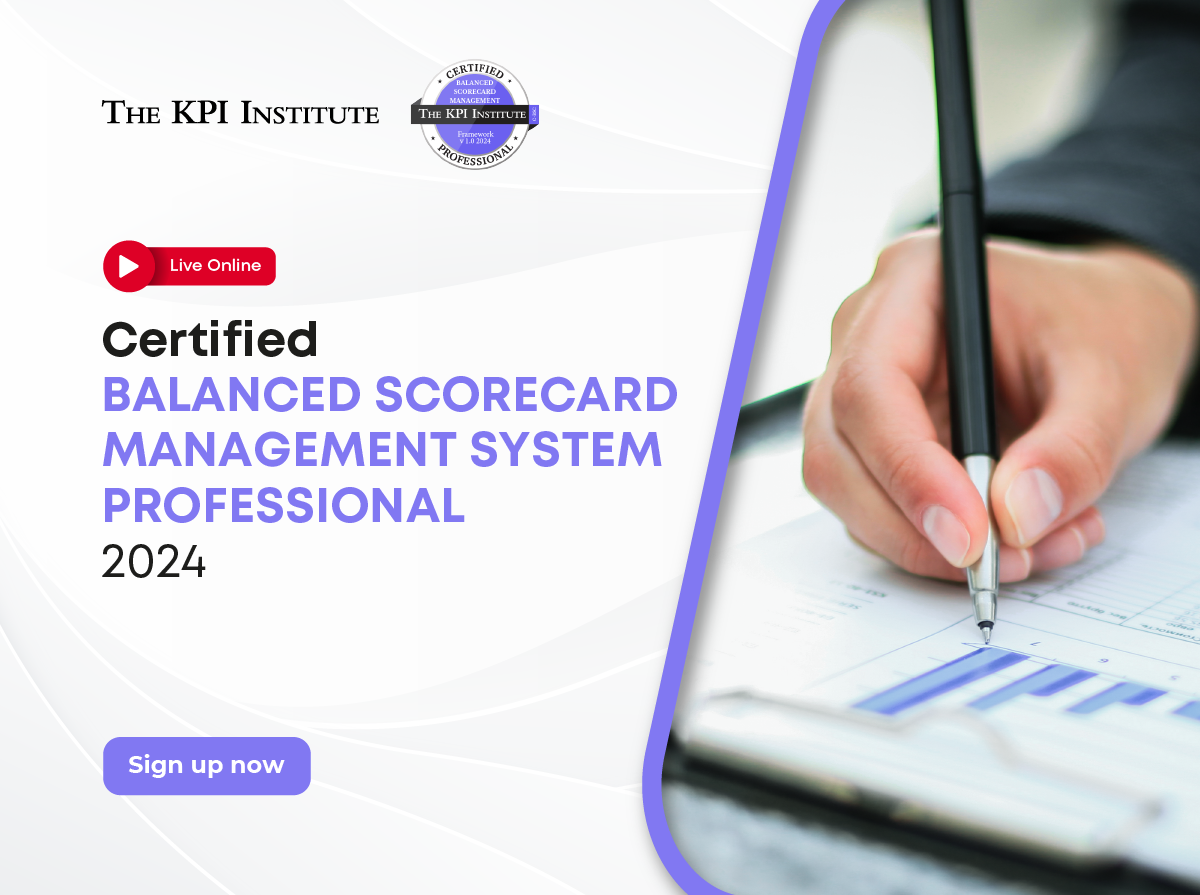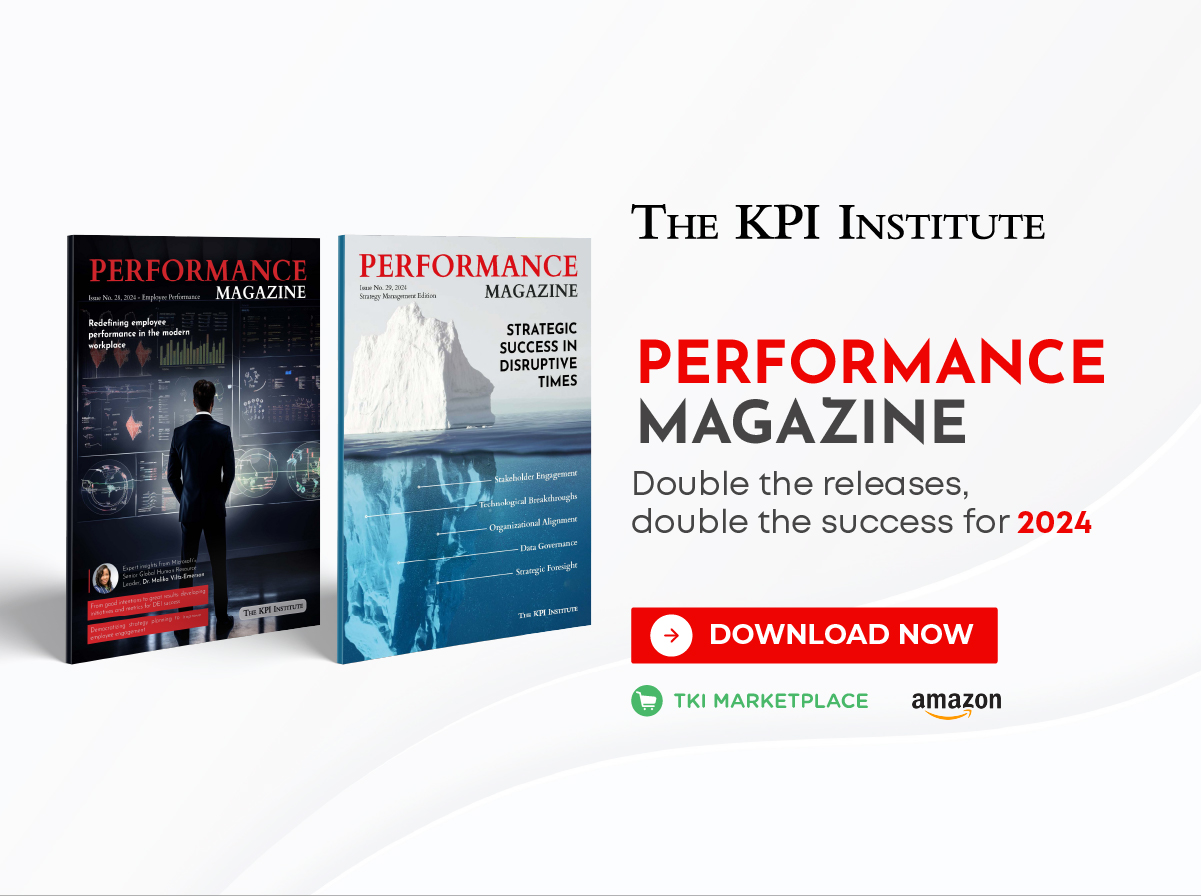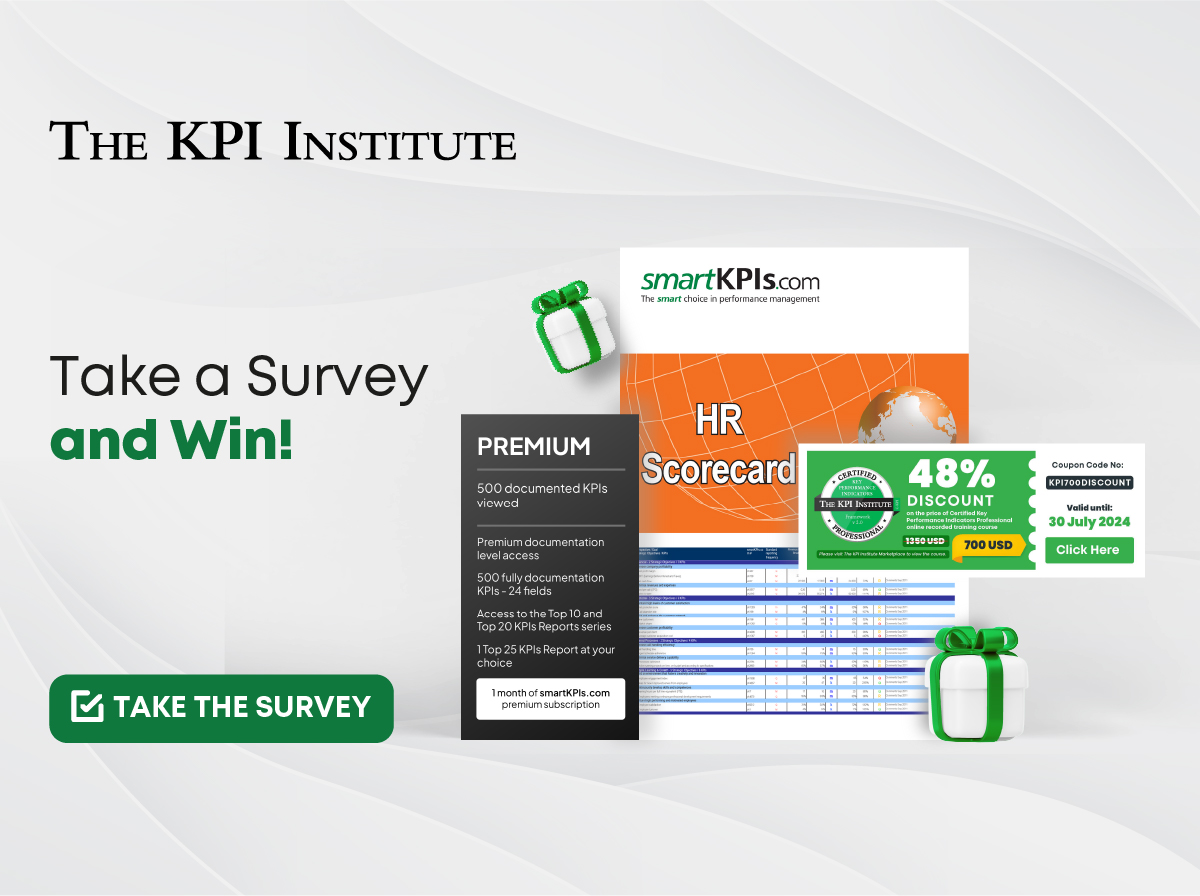Course Stories: Certified Balanced Scorecard Professional in Amman, Jordan
The KPI Institute, in partnership with Transjordan for Consulting & HR Development, organized the Certified Balanced Scorecard Management System Professional training course, between the 12th and 14th of November, 2019, in Amman, Jordan with participants from the Bank of Jordan and Joramco.
Course Journal
Day 1 was dedicated to creating a common understanding of the Balanced Scorecard Framework as a whole, having initiated discussions about the first steps to be taken when implementing a BSC System: organizational assessment and organizational strategy formulation. The participants in Amman were new to the Performance Management System Audit, which is why we focused on understanding its components and methodology.
Day 2 in Amman addressed the part of the BSC implementation and alignment process across all organizational levels, to ensure its complete coverage. Given that the participants had a penchant for HR-related aspects, in conjunction with the BSC, a new element was introduced, namely cascading matters to the individual level. Since organizations are made out of the sum of their people, the system will ultimately reach the employee level.
Day 3 in Amman assembled all the pieces together and focused on the ongoing process of the BSC system, after its design and activation. It included topics related to the BSC System recalibration and performance culture.
Generally, these articles about course stories only illustrate the dynamics between participants, however this time, we’re sharing some of Raluca’s reflections, after the Certified Balanced Scorecard Management System Professional training course.
November was a busy month for Raluca. She views the management consultant as a key individual that doesn’t only share his knowledge with others, but also uplifts personal learning, through constant exposure to the relevant professional experience and background of the organizations and practitioners encountered beforehand. Therefore, busy months can be seen as personal learning opportunities. For Raluca, there were 2 such opportunities:
- Change Management: When focusing too much on the process, you might miss the context. The BSC System implies a lot of activities in a wide time frame (imagine the project plan – approximately 1 year), engages many subprocesses (data collection, data reporting, etc.), which is why the system’s technicalities need to be balanced well by actively managing contexts/environments.
As it title implies, change within an organization must be addressed in a structured manner. Why? Because you want to ensure an appropriate and healthy organizational context, so that your BSC System survives, whilst acquiring employees and leadership buy-in that is united in its purpose, not frustrated because of the process.
- Timing: A step-by-step approach in implementing the BSC System gives the organization time to digest change. Each deployment stage’s timing has to be carefully envisioned.
If you find yourself in the middle of a large organizational restructuring process, make sure you allocate more time for BSC implementation, as a lot of recalibration will have to occur. Changing a department’s structure, activities or roles, merging or separating it will need to be well-translated in the performance system. Stay mindful and acknowledge the dynamics of the moment.







